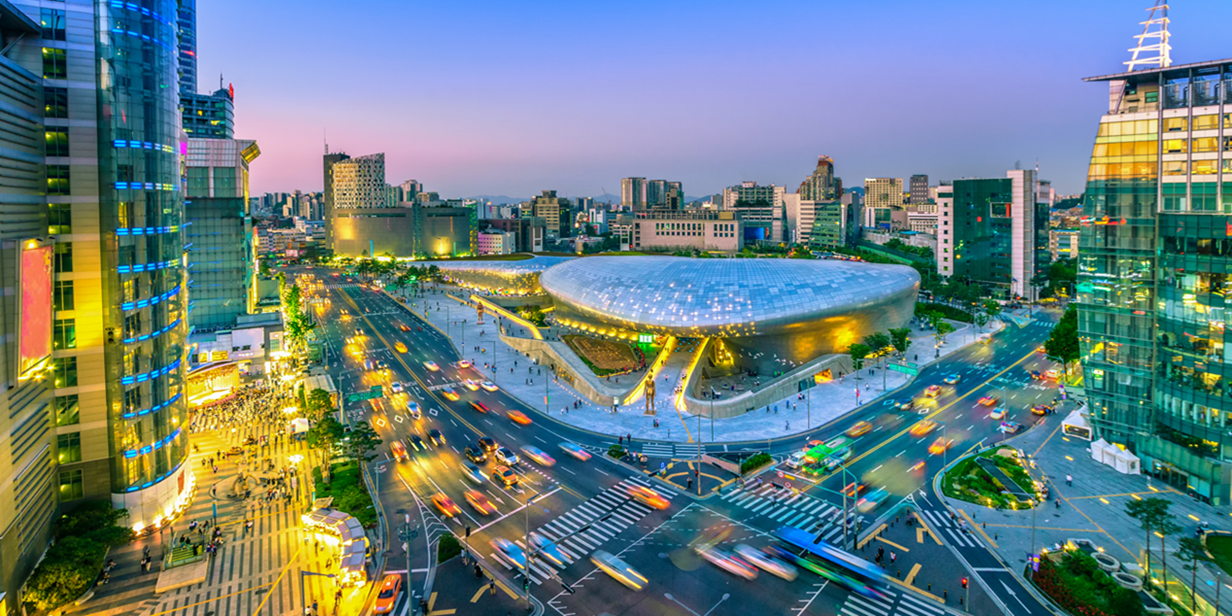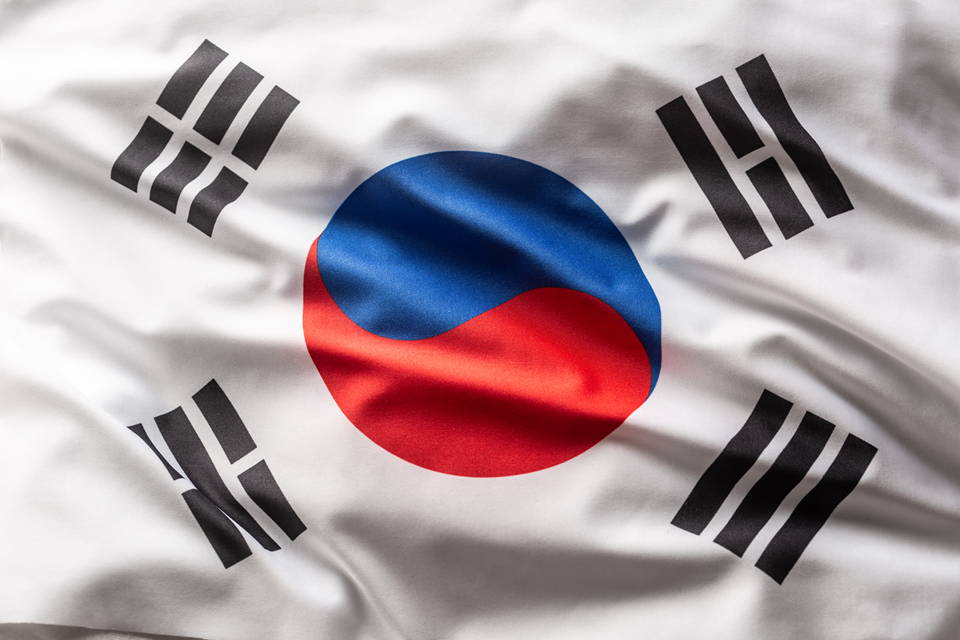Korea Cool: Resilient peninsula, on the rise

In this series, we take a closer look at how key countries and territories in Asia ranked in this year’s FM Resilience Index. The FM Resilience Index is a tool developed to help understand a country's ability to recover swiftly after disruptive events as well as which risks are manageable.
It’s the home of K-pop, K-dramas, and the K-conomy. Rising from the ashes of the Korean War, this nation’s economy grew from one of the poorest in the world in the 1950s to the 10th largest economy globally by 2023. By nominal GDP, it is ahead of both Spain and Australia. Did you know that South Korea is the only country in the world to have transitioned from being a major recipient of foreign aid to becoming a member of the OECD Development Assistance Committee, which provides aid to other countries?
고진감래 (Sweetness comes after bitterness)
Ranked No. 34 in the 2025 FM Resilience Index, South Korea has consistently demonstrated its strengths in rapid modernization, technological advancement and economic transformation. Over a few decades, it has evolved into a global leader in technology, innovation, and cultural influence while maintaining a deep respect for its rich traditions. Today, South Korea is home to several large conglomerates, with numerous affiliated businesses across diverse industries. These companies often have significant influence over the South Korean economy and are known for their vertical integration and global reach.
위기를 기회로 (Turning crisis into opportunity)
Like many of its neighbors, the Korean peninsula faces significant exposure to the impacts of climate change - ranked No. 108 for climate risk exposure and No. 104 for climate change exposure. The G20 Climate Risk Atlas estimates that rising sea levels, coastal erosion and extreme weather could potentially cause a 3.73% GDP loss by 2050.
South Korea views climate change not just as a challenge, but as an opportunity for green economic growth. It has committed to reducing greenhouse gas emissions by 40% from 2018 levels by 2030, and continues to implement the Framework Act on Low Carbon, Green Growth. Ranked No. 42 in climate risk quality and No. 59 in GHG emissions, it is evident that investments and roadmaps, after careful design, are being implemented.

It is also worth noting that South Korea places great emphasis on resilience against fire-related incidents. Ranked No. 61 again this year in fire risk quality, the country’s building code and standards are unmistakably maintained and enforced at a high level by the extremely well resourced National Fire Agency (NFA) and the Korea Fire Protection Agency (KFPA).
든 탑은 무너지지 않는다 (A tower built with effort will not collapse)
As a highly industrialized and forward-moving country, South Korea’s urbanization rate is ranked No. 4 and its internet connectivity level ranked at No. 11. Unsurprisingly, because of its position as a technology leader, the country’s level of freshwater use (ranked No. 117 for water stress) and relatively high energy intensity (ranked No. 107) reflects the highly industrialized make-up of the economy. On cyber risk quality, it comes in at an impressive No. 51 given the size and scale of its IoT connectivity.
자강불식 (自强不息): 발전을 위한 끊임없는 노력 (A continuous strive for development)
South Korea ranks No. 19 in logistics, reflecting its ability to efficiently manage and support the country’s trade needs between Asia and the rest of the world. On productivity and controlling inflation, it has performed well, ranking at No. 26 and No. 48 respectively. The country continues to place a huge focus on fostering a well-educated population (No. 29) which enhances economic resilience in the long-term. The Ministry of Education wants to bridge the education gap between urban and rural areas, as well as expand public learning support to reduce reliance on private tutoring. South Korea can boast of a robust healthcare system and invests heavily in healthcare infrastructure, research and advanced technologies (No. 25). With one in five South Koreans now over 65, the Presidential Committee on Aging Society and Population Policy has been mobilized partly to address the pressures on healthcare.
흔들릴지언정 부러지지 않는다 (Shaken, but not broken)
While the country is ranked at a respectable No. 34 for political risk and No. 31 for corruption, the research for the Resilience Index predates the dramatic events following President Yoon Suk Yeol’s presidential issues in December 2024. Many observers have noted that South Korea’s democratic institutions—rooted in decades of peaceful power transitions and civic engagement—have once again demonstrated their resilience and capacity for self-correction.
제2의 도약 (The second leap forward)
South Korea remains an attractive location to live and to work, with its continued investment in next-generation industries and workforce upskilling -- but it is not without challenges. It remains to be seen how the country’s climate change efforts will land, and how it chooses to solve its industrialization headwinds, competitiveness and demographic pressures. The outlook for business resilience in South Korea is therefore mixed. However, history shows that it can rely on its strong fundamentals and fiercely cohesive population to effectively overcome challenges and maintain its status as a hub for stability, innovation and economic growth. Very cool.
2025 FM Resilience Index